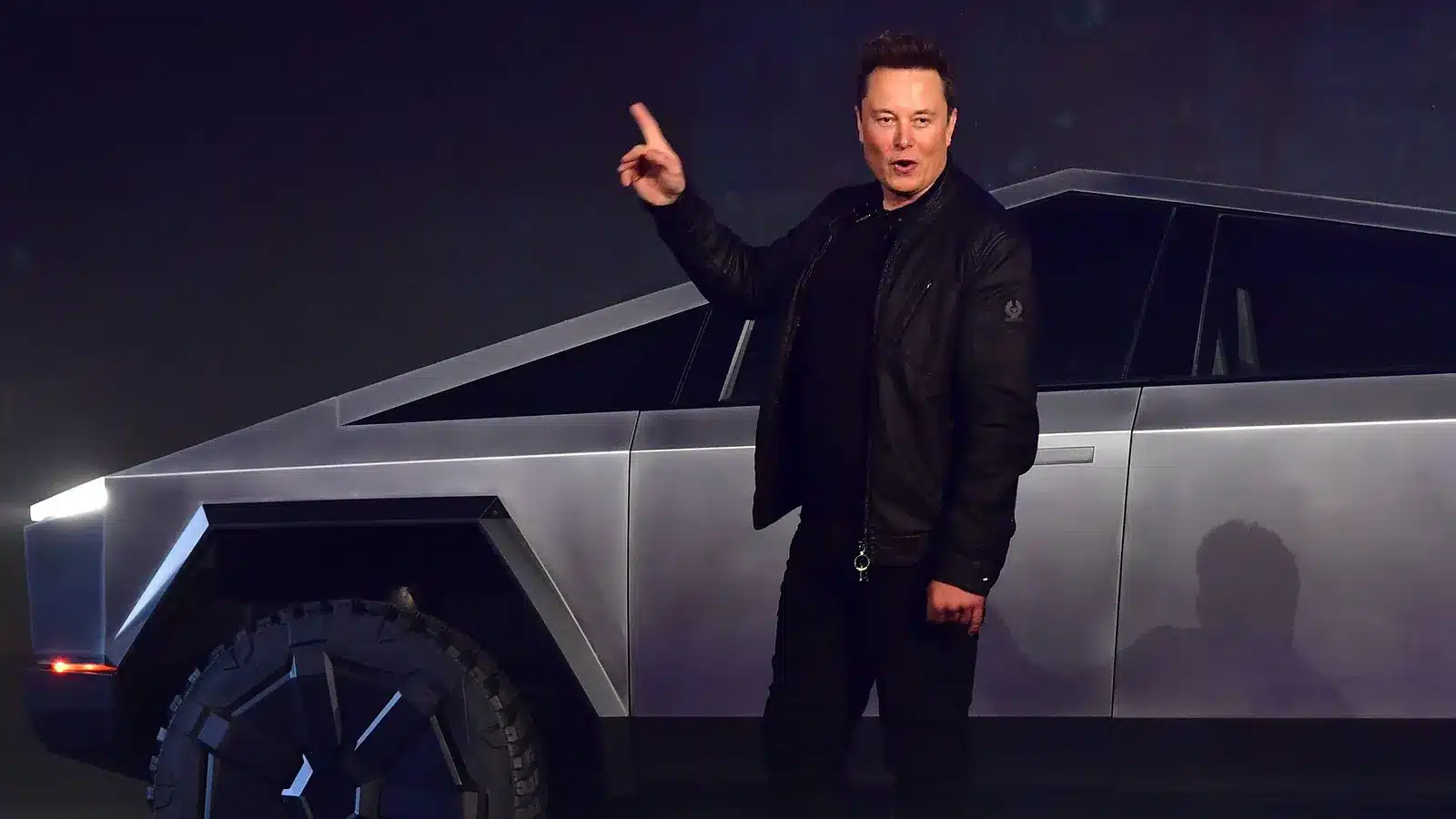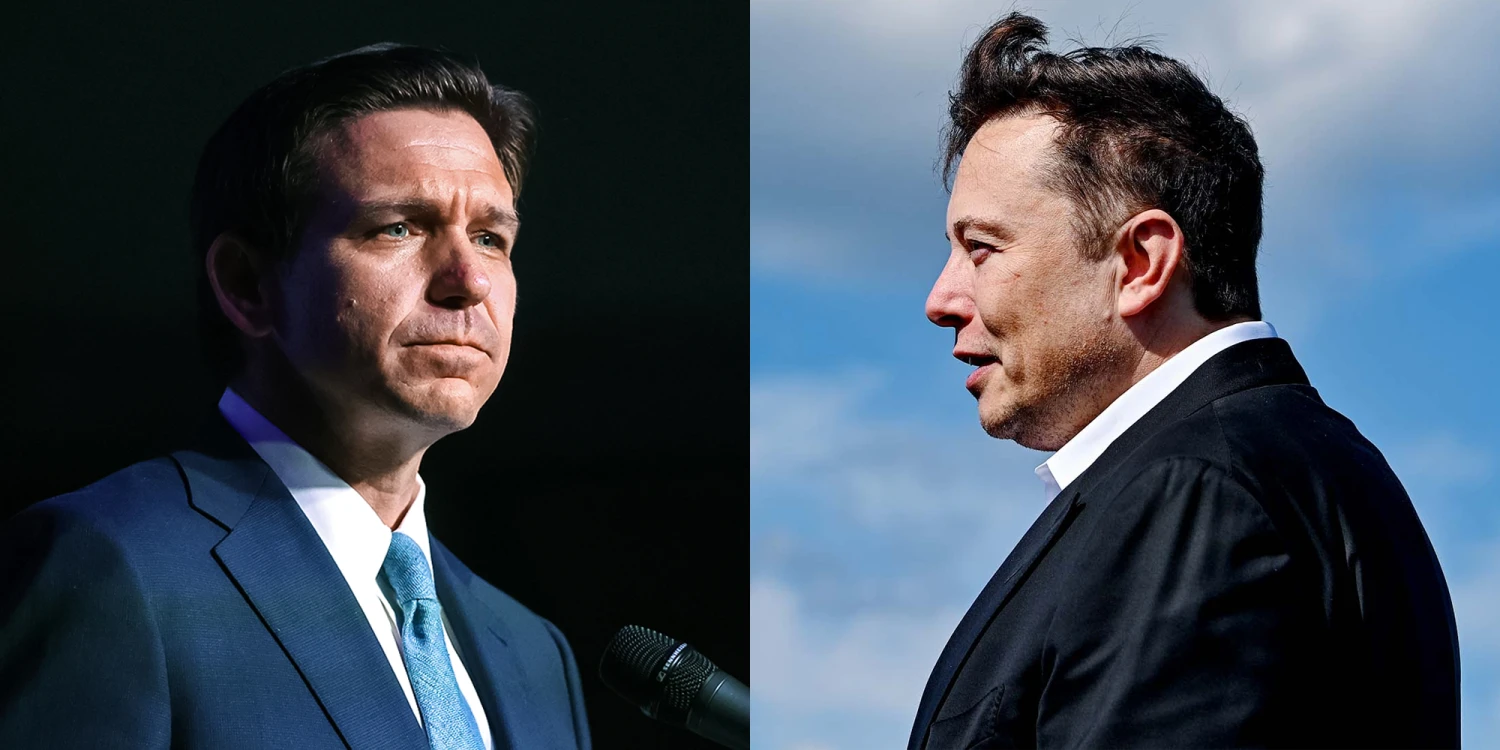Elon Musk and the Tesla Cybertruck have recently found themselves at the center of an unusual endorsement—by Chechnya’s leader, Ramzan Kadyrov. This episode raises questions about international trade laws, sanctions, and the unintended cultural icons of technology.
Who, What, When, Where, Why
- Who: Elon Musk, CEO of Tesla, and Ramzan Kadyrov, a Chechen warlord.
- What: Kadyrov has reportedly been seen with a Tesla Cybertruck, claiming it was a gift from Musk, which Musk denies.
- When: The controversy surfaced in media reports throughout mid-2024.
- Where: The Cybertruck was allegedly seen in Chechnya.
- Why: The incident highlights the complexities of international sanctions and the global reach of high-profile technology products.
Detailed Analysis
Despite Elon Musk’s denial, the presence of a Tesla Cybertruck with Ramzan Kadyrov has sparked international attention. This situation underscores the intricacies of global trade, especially involving countries under sanctions like Russia. Experts suggest that the vehicle could have reached Kadyrov through a series of legal and not-so-legal transactions across countries not bound by the same export restrictions as the U.S., such as Kazakhstan or Turkey. The case exemplifies how high-demand products can become tools in geopolitical narratives, often escaping the tight net of sanctions through third-party nations.
Personal Experience and Implications
As a technology analyst, observing how a product like the Cybertruck can become intertwined with global political issues reflects the unintended consequences that innovators like Musk must navigate. The incident is not just about a vehicle but about how technology disseminates worldwide, challenging legal and ethical boundaries.
The “Warlord Seal of Approval” may be an unwanted tag for Tesla’s Cybertruck, but it certainly puts the spotlight on the broader implications of creating technology that transcends borders—legally and culturally. This case serves as a potent reminder of the global stage on which companies like Tesla operate, where products can become symbols in larger narratives beyond their intended commercial use.




























